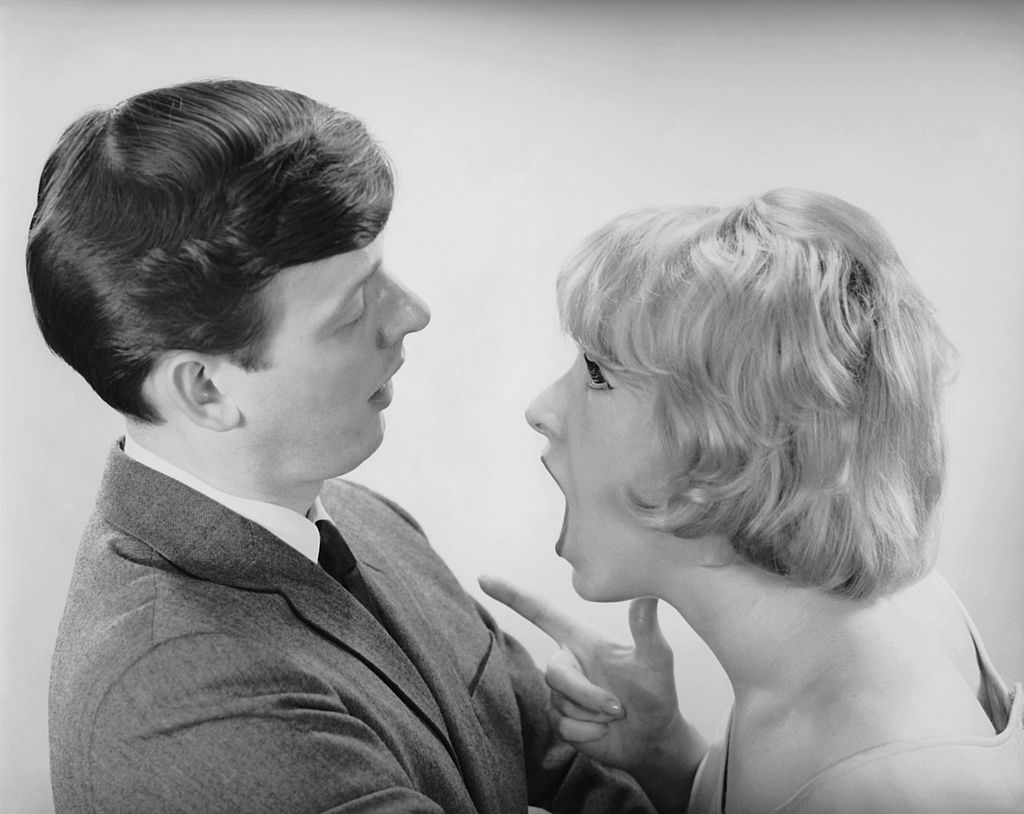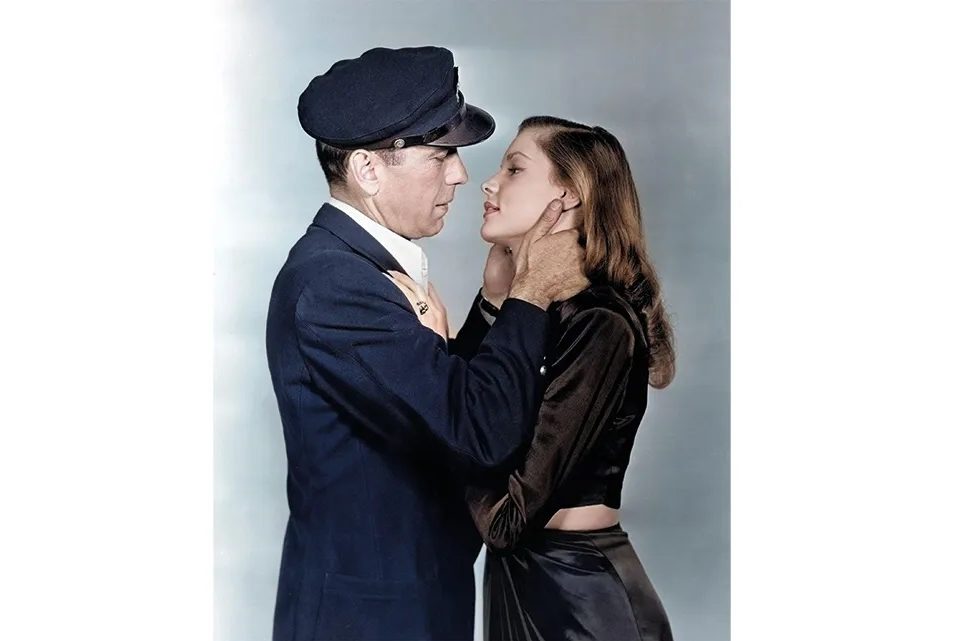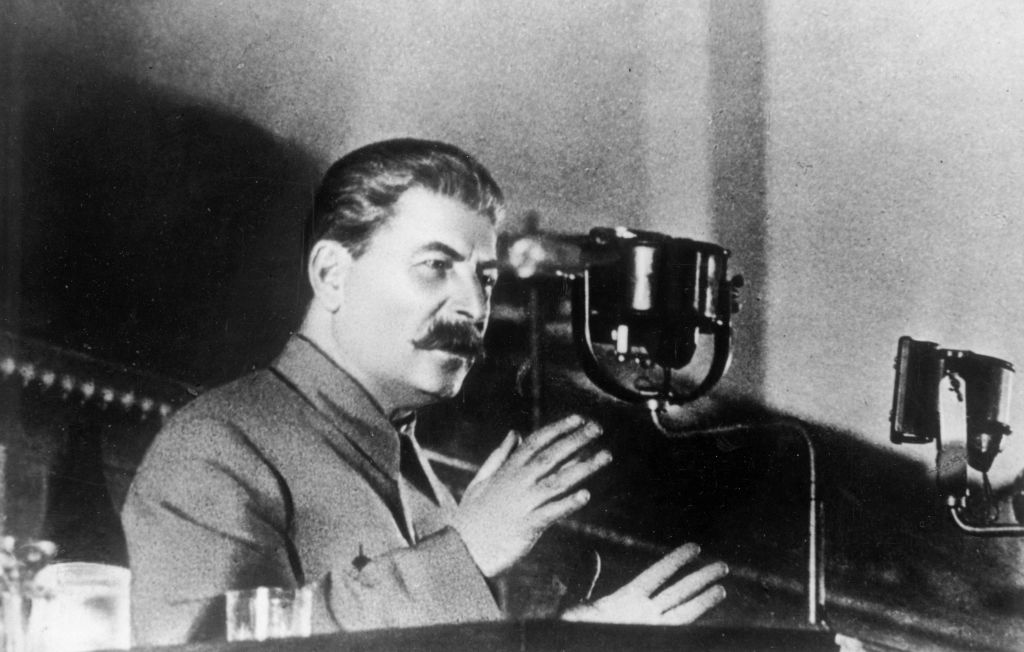Lee Siegel’s defense of argument in the latest volume of Yale’s “Why X Matters” series is original, provocative and frustrating, which isn’t bad for a book on argument.
Siegel is less interested in what argument does than in what it is. An “expression of a universal longing for a better life” is how he puts it initially. It is also a justification for “ways of living,” something that“ flows from our intuitive certainty that our right to exist is the most fundamental truth,” and an expression of our “unique, particular existence.” Albert Camus stated in The Myth of Sisyphus that the only serious philosophical question is suicide, “whether life is or is not worth living.” Siegel therefore writes “To exist is to argue your existence.” You get the idea. Argument matters because it is an affirmation of life. It is “woven into biological existence itself” and therefore is in no danger of disappearing as long as humans walk the earth, which may make you wonder why we need a book defending it.
We need one, in part, to understand why argument so often goes wrong. If we are “all rational, logical beings,” why are we so rarely convinced by “rational, logical argument based on knowledge and reasoning”? The answer, of course, is that we aren’t rational, and neither is argument. Argument is always initially a defense of what you feel to be true or good, not a search for either truth or goodness. “It is nearly impossible to have a rational argument that is not built out of the sticks and stones of emotion,” Siegel claims.
The author knows his Nietzsche, who makes the same statement about argument in Beyond Good and Evil. But rather than declaring all such discussion merely subjective and all appeals to truth disingenuous, Siegel argues — or states, rather — that a “cogent argument begins in the private delight of an ‘I’ roused to intellectual action, and ends with an urgent appeal to the collective wisdom of ‘we.’” True enough, but why? Why do we treat subjective feelings as objectively true? Why do we think of it as a good thing if arguments are not merely personal affirmations of how I want to live my life?
Siegel remarks that inclusive appeals using “we” are more rhetorically convincing, though they can go amiss, as in the case of the Harper’s “Letter on Justice and Open Debate,” which he spends the better part of twenty pages analyzing. But this doesn’t answer the question. “Argument is an ultimate form of caring,” Siegel writes. This sounds noble but isn’t true if all argument cares about is defending self-interest.
In the second section of the book, Siegel turns to the argument of art. Here, too, his point is not that art contains an argument, which it obviously does, but that it is an argument. Art proves, Siegel announces, “the existence of an autonomous imagination that is untouched by material pressures.” It is an enactment, as in John Ashbery’s poetry, of the “unintelligible aliveness” of existence, or as in W.H. Auden’s “Lullaby,” of “wholeness filled with contradiction”:
As the poem’s clashing possible meanings appear and vanish, the poem as an original experience becomes more vivid and intense. Your argument about what the poem could mean, with yourself or with someone else, will never be resolved in the form of one categorical statement triumphing over another. You are re-enacting, as you read, in your wider and wider embrace of a wholeness filled with contradiction, the prismatic nature of life itself.
Siegel suggests that art is not exclusively concerned with affirming life as multiplicity, which is a largely modern idea, but also with the nature of a good life. He therefore cites Bach’s case for order, Raphael’s case for “compassion as a form of perfection” and Van Eyck’s exaltation of ego, at least in the author’s view. But he runs into the same problem as he does in the first section of the book. If art is primarily an affirmation of the multiplicity of being, how can it also be a statement about why certain ways of being are objectively better than others?
Art’s claims for the latter are important for Siegel because he wants to avoid reducing all “meaning to questions of power.” Rightly so. Dante’s Divine Comedy is not just political score-settling. King Lear is not exclusively or even primarily a defense of a system that benefits white male landowners. This is where Nietzsche ends up, and where we mostly are now in the West. But it’s unclear how a defense of argument as primarily an expression of a “particular existence” and not a claim to truth helps us to avoid reducing everything to power.
Siegel’s analysis of the Harper’s letter and the response to it is instructive, and his remarks on empathy and how we can avoid dehumanizing each other in arguments are particularly worthwhile. His case for why argument matters is eloquent and impassioned but too frequently devoid, well, of reason.
This article was originally published in The Spectator’s February 2022 World edition.

























